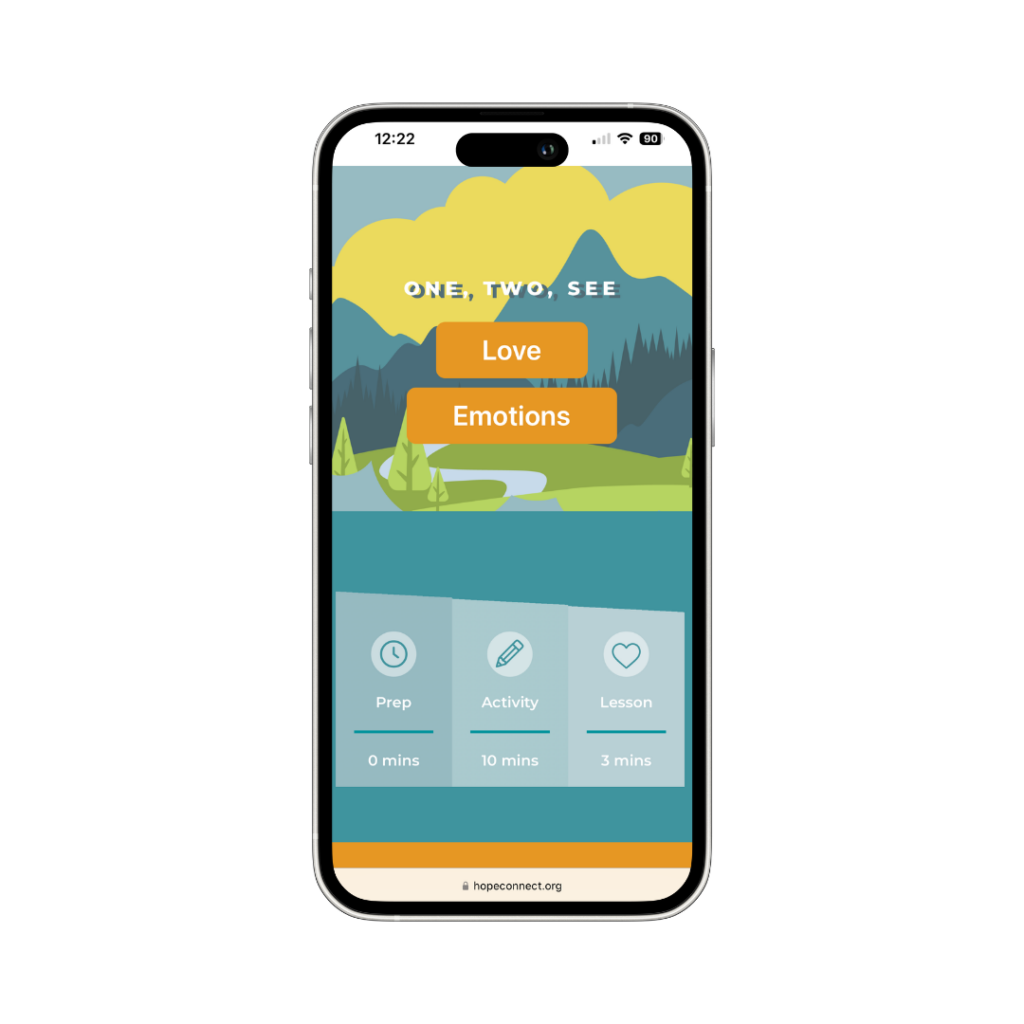As we move through this broken world, we’re bound to experience painful circumstances — Jesus warns us of as much in John 16:33. This is true for ourselves as adults, and it’s true for our children, too.
One of these “troubles” Jesus warns us of is generational trauma, and it can be passed on to children whose parents have experienced any sort of internalized hardship. While difficult to manage, it’s not impossible when you have God in your life.
If your child is struggling with the impacts of generational trauma, read on to learn what your child may be facing and how you can help them heal.
What is generational trauma?
Generational trauma, sometimes referred to as intergenerational trauma, is the psychological and biological imprint left by traumatic experiences that occurred in previous generations.
When someone experiences trauma and does not receive the support or therapy needed to process it in a healthy way, they often develop unhealthy coping mechanisms. Without intentional healing, these unresolved patterns are often passed down, sometimes unknowingly, to the children in their care.
Generational trauma can be passed down biologically. When a parent or grandparent experiences something deeply traumatic—like war, abuse, or extreme stress—it can actually change how their genes work. Although the DNA remains unchanged, the changes can activate or deactivate specific genes. Such genetic alterations can be passed down, making children potentially more sensitive to stress and prone to anxiety or emotional difficulties, even if they didn’t experience the trauma themselves.
How does generational trauma impact children in foster care?
Foster children often enter care carrying much more than can be seen. Beneath behaviors, diagnoses, or emotional struggles, many are impacted by layers of trauma that began long before they were born. Generational trauma can shape a foster child’s development, relationships, and sense of safety in profound ways.
Symptoms such as anxiety, depression, and PTSD can be seen in those affected by generational trauma. Emotional numbness, depersonalization, and impaired life skills affect some individuals. These symptoms cause relationship problems, emotional instability, low self-esteem, poor life skills, and a lack of trust.
Biologically, the effects of generational trauma can modify stress response systems, potentially making children more prone to stress and mental illness. Generational trauma can alter stress response systems, which may contribute to ongoing vulnerability to stress and mental illness in the child.
Briefly, generational trauma severely affects mental health by causing recurring patterns of psychological problems, unhealthy habits, and dysfunctional relationships.
How to Help Your Foster Child Heal
Understanding how trauma is passed down—both biologically and emotionally—helps caregivers shift from seeing a child as “difficult” to seeing a child as hurting. Healing for foster children begins when they are surrounded by emotionally safe adults who are committed to:
- Building trust through consistent, nurturing care
- Understanding the need behind the trauma behaviors
- Doing their own healing work
Even the most painful forms of generational trauma can be healed with Jesus’ loving touch.
Just as Jesus tells us in John 16:33 that we will have trouble in this world, He also tells us to be encouraged because He has overcome the world.
If you are raising a child in foster care who is dealing with generational trauma, here are critical steps you can take to help them learn to process their feelings and emotions in a healthy way. For example, you can:
- Pray for your children. The Bible speaks explicitly about generational curses (Exodus 20:5), and Jesus is the ultimate healer. Pray for your children and ask God to help you support your child. As you use HopeConnect Everyday Moments activities make a moment to instill real hope by sharing the Bible verse and speaking the prayer over your child.
- Identify your child’s triggers. When we have big reactions to seemingly small events, the circumstance probably activates a trigger. Work with your child to identify what triggers them so you can support them and understand the need behind their behavior.
- Grow in knowledge. Raising a child has a village, and you have one with 4KIDS! At 4KIDS, we believe in equipping caregivers with the tools they need to connect meaningfully with children who’ve experienced loss, trauma, and uncertainty. Our EPIC Clinical Team offers free training opportunities to help you strengthen your bond with your child and support their emotional growth.
- Seek therapeutic support. Children in foster care often benefit from working with a therapist who understands trauma and can help them process their feelings in a safe, structured environment. It’s equally important for caregivers to seek support for any unresolved trauma or emotional challenges they face.
KEY TAKEAWAY
Healing your child’s generational trauma is only possible with Jesus. Work with your child to understand what is triggering them so you can help them process their emotions and grow into the people God made them to be.
“I have told you all this so that you may have peace in me. Here on earth you will have many trials and sorrows. But take heart, because I have overcome the world.” ~John 16:33 (NLT)
APPLICATION
If your child is suffering from trauma of any sort, bedtime can be one of the most stressful parts of their day. Create a safe space to help your child talk about their emotions by playing Bedtime Band-Aids before bed.
Find it now in the Everyday Moments™ activities collection!




